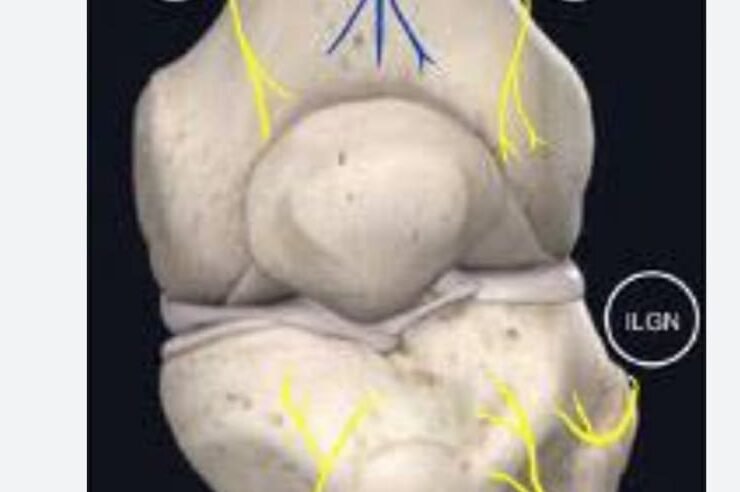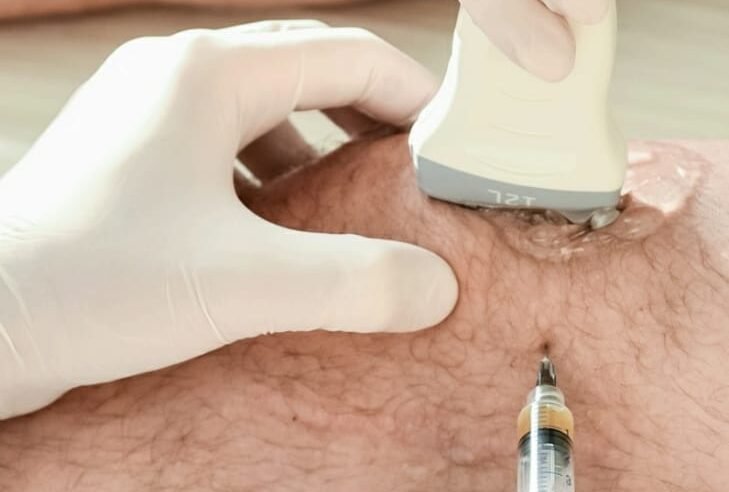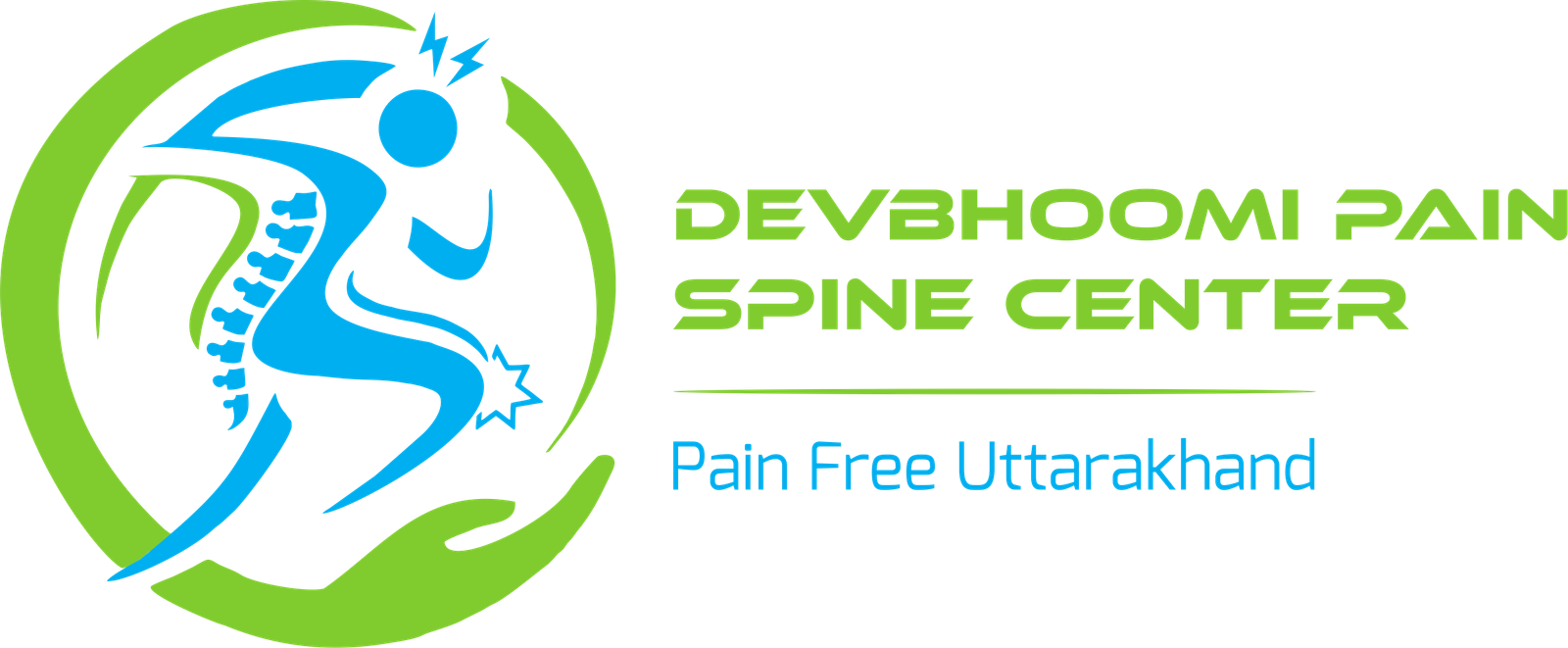Knee Pain
Knee pain is a common and significant symptom for many patients
All Services

Dr. (Maj) Varun Bajaj
MBBS, MD Anaesthesiology
FCPM (MUHS), FIAPM(ISSP)
Director – Devbhoomi Pain Spine Center
Why Choose Us
Our clinic is the first to offer world class comprehensive pain management services in Uttarakhand. All our procedures are : *Non surgical, *Painless, *Less than 1 hour duration, *Done under imaging guidance, *Performed by experienced professionals
Latest Blog
Would You Like to know ?
About Knee Pain
Knee pain has varied etiology – articular/ periarticular/ extraarticular causes. Low back pain and other joint pains may directly cause increased knee pain due to the biomechanical interrelationship of joints in the kinetic chain



Would You Like to know ?
What are the Causes of knee pain based on location?
Front of knee – related to knee cap
- Inside of knee – or medial aspect caused by medial meniscus tears, medial collateral ligament injuries and arthritis of joint
- Outside of knee – or lateral aspect due to lateral meniscus tears, lateral collateral ligament injury, IT band tendinitis
- Back of knee – can be due to Bakers cyst
Articular causes of knee pain
- Arthritis
- Inflammatory
- Degenerative
- Infectious
- Chondral lesion
- Meniscal tear
- Loose bodies
- Neoplasia
What is the purpose of pain intervention?
Pain management interventions are specifically tailored according to the patient needs after proper investigation and conservative treatment with commonly available medications.
Interventions help the patient to decrease pain medication and break pain cycle so that with proper Physiotherapy and exercise patient can resume normal lifestyle
Pain intervention options:
Regenerative therapy
- Percutaneous BMC Infiltration to Treat ACL Injuries
- Percutaneous Infiltration of Meniscal Tear with PRP
- Percutaneous Subchondral Knee Procedure
- AD-MSC for knee joint osteoarthritis
Radiofrequency ablation
- Thermal RFA genicular nerve
Imaging guided procedures
- Adductor canal block
- Femoral nerve block
- Pain due to cancer
- Pain due to cancer treatment - chemotherapy and radiotherapy induced pain
- Cancer related bone pain
- Cancer related visceral pain
- Somatic
- Visceral
- Neuropathic
Pain management interventions are specifically tailored according to the patient needs after proper investigation and conservative treatment with commonly available medications.
Cancer patients are on high dose narcotics and opioids which make them drowsy and lose touch with the world. Pain intervention limit the dose of narcotics so that they can resume day to day activities while enjoying pain relief.
Pain intervention options:
Imaging guided blocks
- Intercostal nerve block
- Coeliac plexus neurolysis
- Superior hypogastric plexus neurolysis
- Thoracic sympathetic ganglion block
- Vertebroplasty
Radiofrequency ablation
- RFA intercostal nerve
- RFA coeliac plexus
- RFA superior hypogastric plexus
